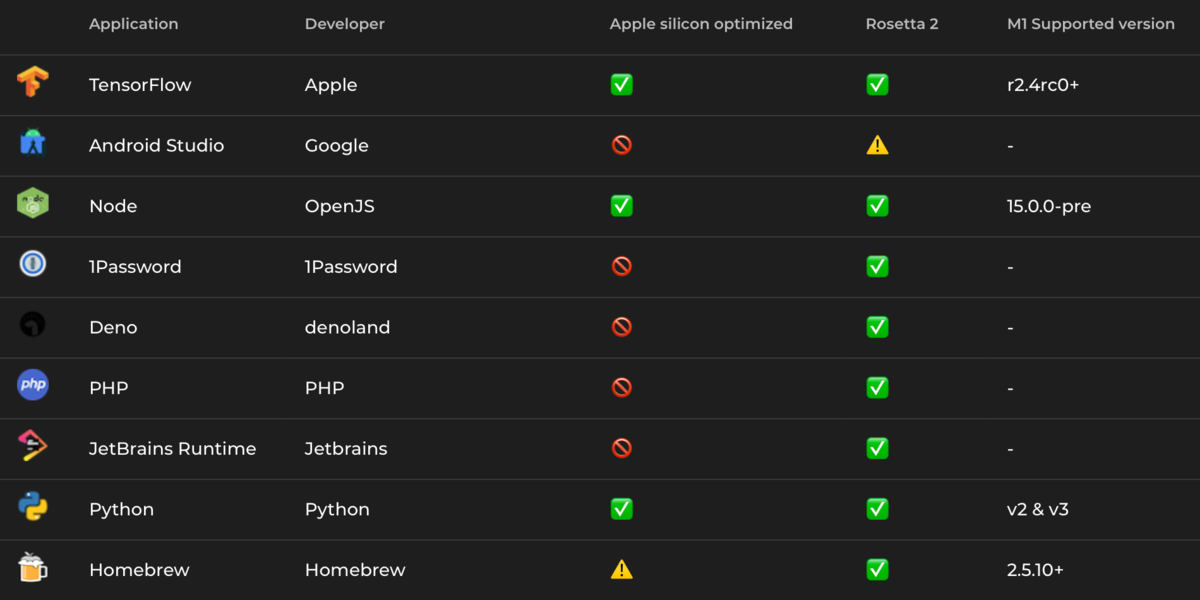Make computing personal again
Benj Edwards wants to put the “personal” back in “personal computer”, the answer.ai folks took Devin for a month-long spin, Asaf Zamir explains why senior engineers can remain ICs and still have a fulfilling career, Fabrizio Ferri Benedetti rethinks documentation by putting user actions first & Tero Piirainen lays out his case for Nue, the standards first web framework.
Matched from the episode's transcript 👇
Jerod Santo: It’s time to make computing personal again
Benj Edwards deftly describes how “surveillance capitalism and DRM turned home tech from friend to foe” by asking a litany of rhetorical questions about the past:
- What percentage of your income had to go towards annual software subscriptions on a 20th century Windows PC?
- Which part of this TV set kept track of everything you watched and then secretly sold the data to advertisers?
- Which part of Windows 95 fed you ads without your consent and kept track of everything you did remotely so Microsoft could keep stats on it?
- Which part of Amazon.com in 2000 tried to get you to buy millions of no-name counterfeit and dangerous goods propped up by stealth advertising and fake reviews?
- Which part of Google in the 1990s and early 2000s blanketed its results with deceptive ads or made you add “Reddit” to every search to get good results that weren’t overwhelmed by SEO-seeking filler content?
When you say it like that… he continues:
Every generation looks back and says, “Things used to be better,” whether they are accurate or not.
But I’m not suggesting we live in the past. It is possible to learn from history and integrate the best of today’s technology with fair business practices that are more sustainable and healthy for everyone in the long run.
Benj has a few ideas on what we can do individually to push this ideal forward, but he believes it will take collective action to make meaningful changes:
Whether through purposeful reform or the eventual collapse of digital strip mining, I believe the personal computer will eventually rise again—–along with our chance to reclaim control of our digital lives.






